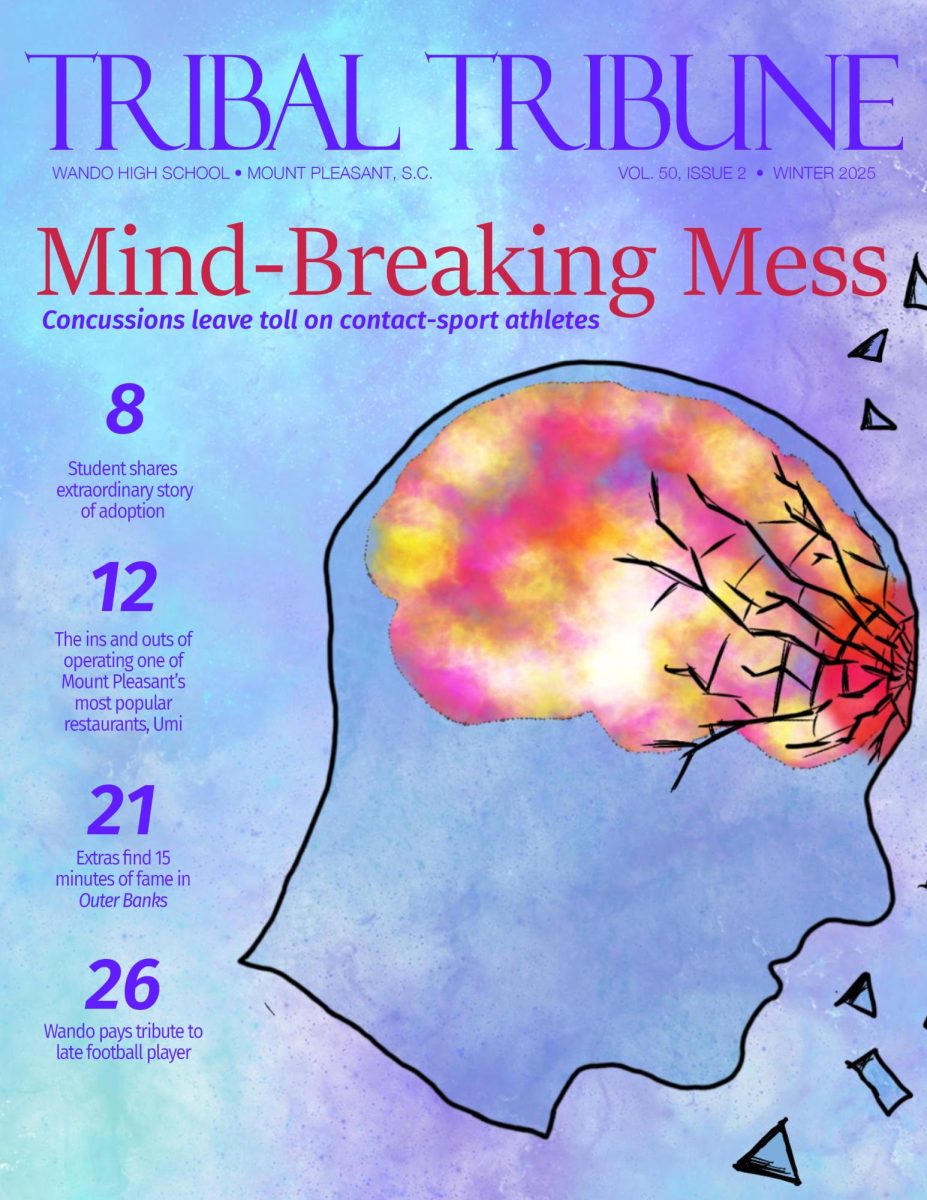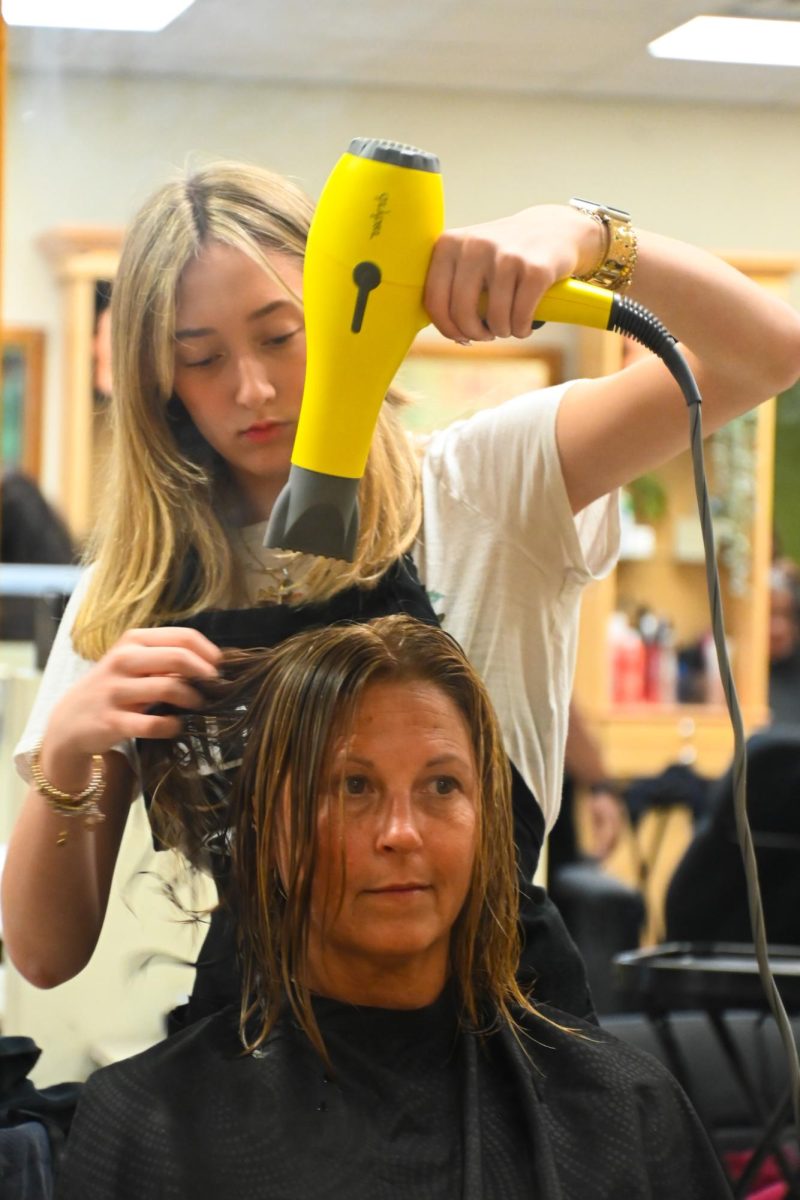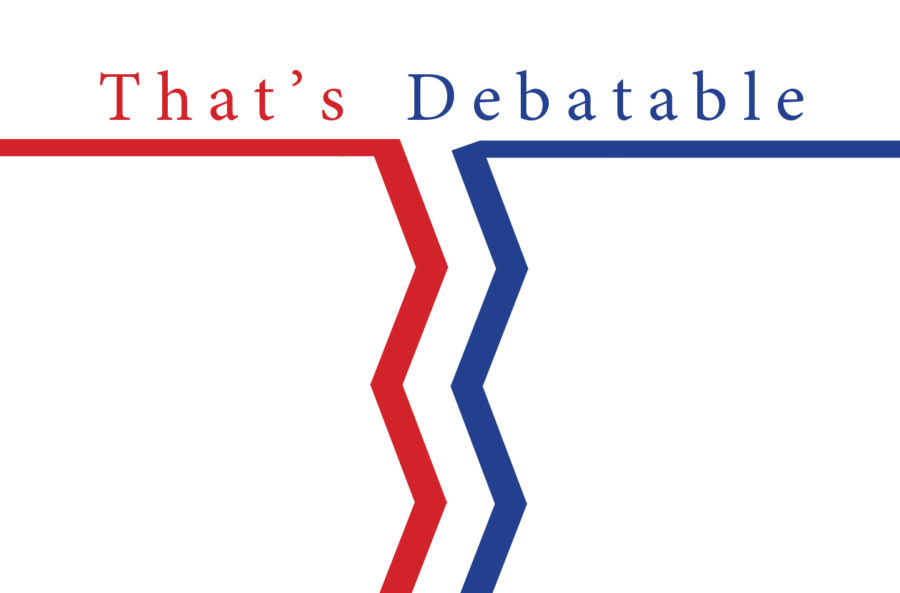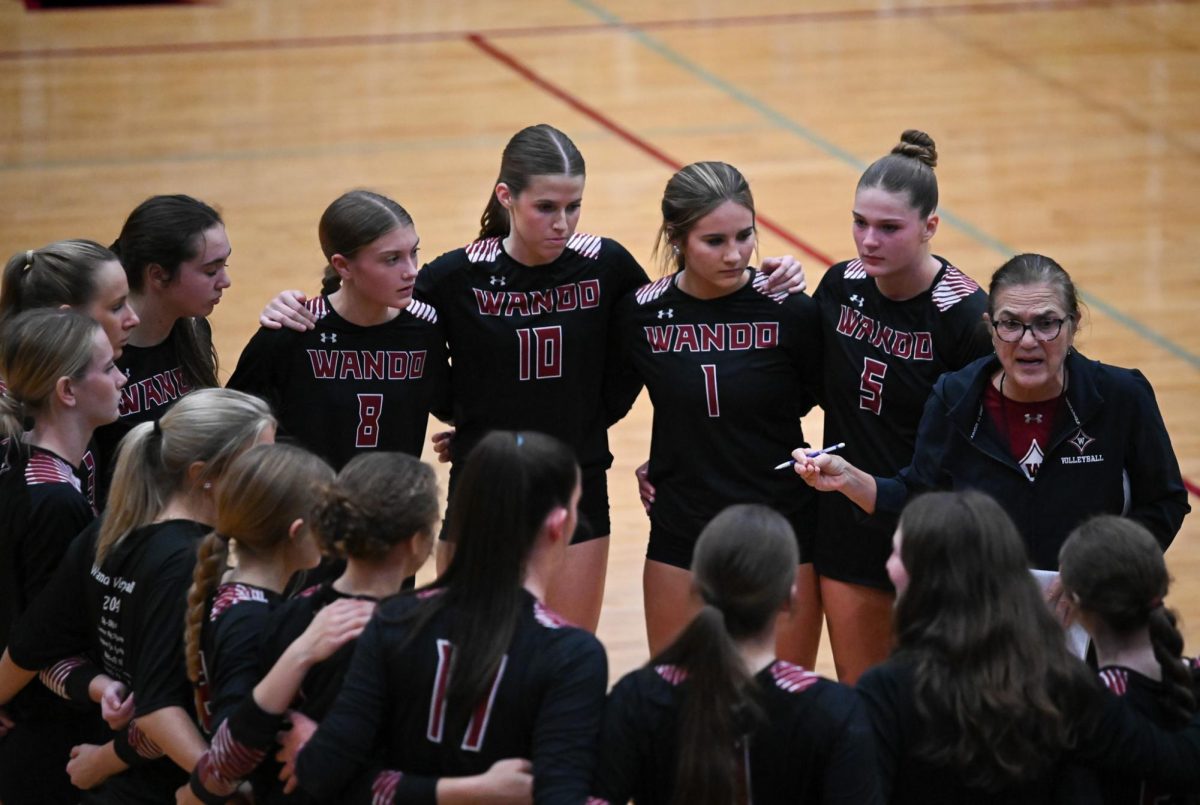With constant scrolling and self criticism, attention to the rest of the world runs thin, and social media begins striking down the self esteem of another student. Charleston County School District is taking a stand.
CCSD has filed a lawsuit against social media platforms including TikTok, Snapchat, Meta (who owns Facebook and Instagram), Youtube, and other popular apps. Officials say the platforms are targeting young students and interfering with their emotional and physical development.
Attorney Marlon Kimpson and his team of lawyers at law firm Motley Rice have taken on this case in hopes to relieve students of ongoing mental health issues and development problems caused by social media.
“Somebody’s got to do something about this nuisance that’s creating significant disruption in our schools,” Kimpson said. Kimpson said it is an unfair fight and these social media platforms must be stopped for the well-being of the students.
“This is a complex problem… It’s children versus big tech and their army of the world’s greatest platform designers,” Kimpson said. These platforms are famous for grabbing the attention of teens and making trends for them to follow which results in them being major influences in their lives. But the extent to which it has grown to is becoming a dangerous situation for students and teens that are involved in these platforms.
Psychology counselor Garret Ralston deals with the outcome of social media affecting students and their development upclose in his everyday job. He noticed a decline in students’ attention spans and believes social media is making it difficult for them to stay focused in class.
“You’re scrolling through TikTok or Instagram, they’re supposed to keep your attention for, like, 10 seconds and then [you’re onto] the next thing which makes it pretty hard to sit in a class for an hour and a half learning about algebra equations,” Ralston said.
Along with attention span, social development is another ongoing issue that students are dealing with due to the vast amount of time spent on the internet.
“We can definitely get to the situation where you’re way more comfortable interacting with someone online but when you get to interact with someone in person and you get
some level of social anxiety,” Ralston said.
CCSD teamed up with local law firm Motley Rice in an attempt to sort out these issues. Motley Rice has a history for tackling complex problems headquartered in Mount Pleasant, SC.
“Motley Rice took this case, on a contingency fee basis, meaning we are fronting potentially millions of dollars in costs on behalf of the school district as we fight these tech companies,” Kimpson said.
To get started in the process of a lawsuit, the first step CCSD had to take was to write a complaint regarding the reason for the lawsuit.
“The complaint alleges that the tech companies and their designers have designed the product to incite and stimulate children’s behavior in a negative way,” Kimpson said, “The algorithms are programed to attract engagement that is correlated to negative behavior that results in property damage at school, fights at school, threats at school. This behavior is at a detriment to the school districts who have an obligation to discipline their students and provide students with a safe place to learn.”
How has social media affected adolescents as a whole?
Studies done over the last couple of years have shown that children and adolescents who spend up to three hours a day on social media tend to face double the risk of mental health concerns compared to children who don’t. In recent studies done by students attending Harvard Univeristy, tests explored how social media affects tweens and teen girls.
The findings stated that exposure to videos and photos being shared on social media platfroms can lead to serious mental health issues, including suicidal behavior. In a 2016 study that was done to see what the effects of nighttime usage of social media has on teens showed that more than 450 teens were linked to worsening of sleep quality and higher levels of anxiety and depressive feelings.
Thirteen percent of children between the ages of 12-17 have reported increased depression due to social media and 32 percent report anxiety. After the complaint is made, the defendant has 30 days to respond to the complaint.
The complaint is 255 pages long and it states, “American children are suffering an unprecedented mental health crisis fueled by Defendants’ addictive and dangerous social media platforms. In the past decade, Americans’ engagement with social media grew exponentially, nowhere more dramatically than among our country’s youth. That explosion in usage is no accident. It is the result of Defendants’ studied efforts to induce young people to compulsively use their platforms.”
Unlike the usual cases local law firms deal with, this specific case is being grouped with similar cases that are pending in places as far as the Northern District of California. “There are other school districts who filed complaints around the country, including South Carolina. Charleston County has not is not the only school district that has filed a complaint. These cases will be consolidated for efficiency purposes and [put] before a judge in the Northern District of California, and be litigated in that jurisdiction,” Kimpson said.
The district released the following statement in regards to the lawsuit and its purpose that states “The Board made the decision to move forward with this action with the goal of benefiting our students, employees, and local families as a whole. Retaining outside counsel, especially a local firm with national MDL experience like Motley Rice, for a case of this magnitude is an economically sound decision for our district.” Kimpson is passionate about the wellbeing of students and teens being negatively affected by these platforms and will continue to work to make social media a
positive platform.
“We want to create a framework to improve the way social media interacts with children… we want to stop the current behavior and fashion a solution to the way that these algorithms and other platforms are designed to lessen the impact on children,” Kimpson said









































